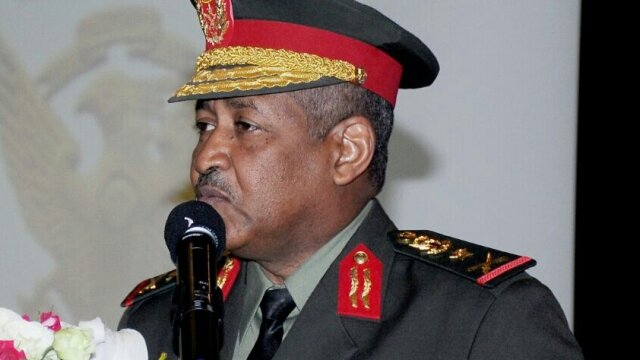(OCCHA) - The UN Humanitarian Air Service (UNHAS) is Scheduled to resume early next month flightsto
South Kordofan and Blue Nile states Pending approval from the Sudanese Civil Aviation Authority (SCAA) for an aircraft selected by UNHAS, flights are scheduled to start on 4 February to both Kadugli and Ed Damazine. In January, SCAA announced any aircraft older than 20 years would no longer be allowed to operate within the country. BothUNHAS and the United Nations Interim Security Force for Abyei (UNISFA) were affected by this decision. The only UNHAS aircraft capable of landing on the poor surface of Kadugli’s airstrip was denied permission to continue flying in Sudan. This forced UNHAS to temporarily suspend flights to Kadugli in January –while a new aircraft was being contracted. UNHAS transports an average of 50 passengers from Khartoum to Kadugli every month. Flights to Ed Damazine are currently served upon request, because low demand and funding restrictions have stopped regular services. With the arrival of the new aircraft, regular flights to Ed Damazine will be resumed.
UNHAS needs $20.3 million for 2018 to maintain its services in Sudan. At present, UNHAS confirmed a $4.3 million from the Office of United States Foreign Disaster Assistance (OFDA). It is awaiting approval of €2 million (about $2.48 million) from the European Commission’s Humanitarian Aid and Civil Protection department (ECHO). These donations will keep the operation running until March 2018. An additional, $12 million is needed to sustain UNHAS operations from April to the end of the year, allowing the UN carrier to remain agile in responding to evolving user needs. About 15 per cent of the budget will be funded through the cost recovery component of the service. The crucial need for UNHAS in Sudan is evident in the recent Customer Satisfaction Survey performed in November 2017 where 92 per cent of respondents said the air service enables
their organizations to achieve its goals. To sustain the operation in 2018 without interruption, provided the operational context and fuel prices remain the same, UNHAS requires $1.5 million per month. Without UNHAS air transport, NGOs, UN agencies and the donor community will no longer have access to deep field locations—that are not accessible through commercial air transport—which may affect the implementation and monitoring of humanitarian assistance.In 2017, UNHAS transported 22,888 humanitarian and development workers and moved 108 metric tons (MT) of humanitarian supplies across Sudan. Over 70 organizations, including aid agencies and donors, have benefitted from UNHAS services in the country in the past year.
-
Nutrition Screening in Kario Indicates Low Malnutrition Levels
-
General Prosecution: Intensive Campaigns against Practices of...Next >

